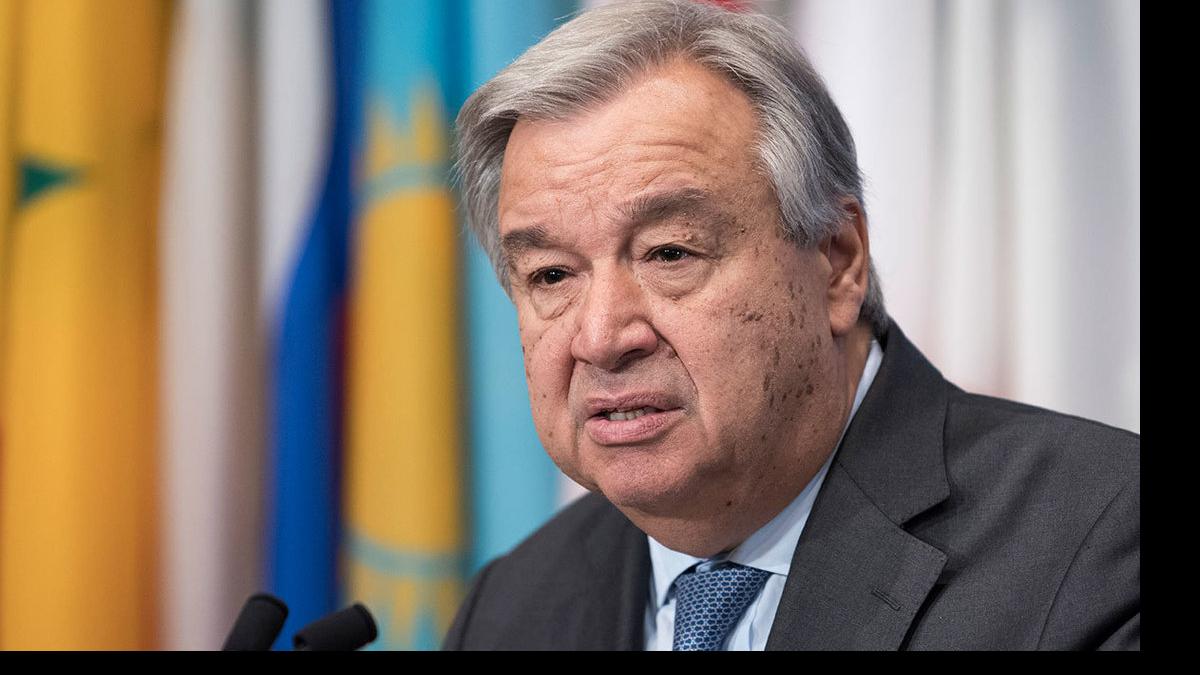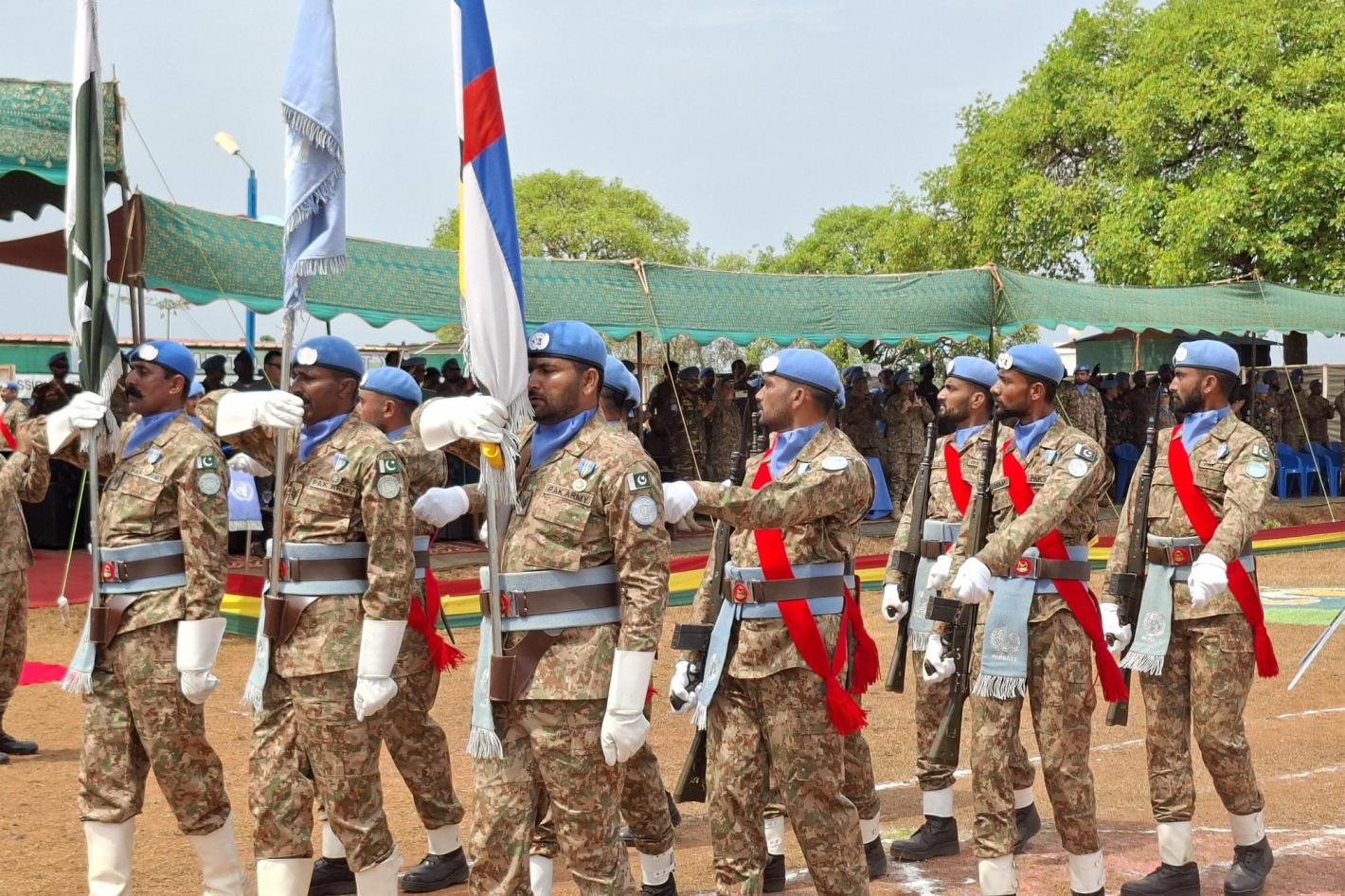Violence against women and girls is a global pandemic. It is a moral affront to all women and girls, a mark of shame on all our societies and a major obstacle to inclusive, equitable and sustainable development. At its core, violence against women and girls is the manifestation of a profound lack of respect – a failure by men to recognize the inherent equality and dignity of women. It is an issue of fundamental human rights.
Violence can take many forms -- from domestic attacks to trafficking, from sexual violence in conflict to child marriage, genital mutilation and femicide. It harms the individual and has far-reaching consequences for families and society. This is also a deeply political issue. Violence against women is tied to broader issues of power and control in our societies. We live in a male-dominated society. Women are made vulnerable to violence through the multiple ways in which we keep them unequal.
In the past year we have seen growing attention to one manifestation of this violence. Sexual harassment is experienced by most women at some point in their lives. Increasing public disclosure by women from all regions and all walks of life is bringing the magnitude of the problem to light and demonstrating the galvanizing power of women’s movements to drive the action and awareness needed to eliminate harassment and violence everywhere.
This year, the global United Nations UNiTE campaign to end violence against women and girls is highlighting our support for survivors and advocates under the theme ‘Orange the World: #HearMeToo’. With orange as the unifying colour of solidarity, the #HearMeToo hashtag is designed to send a clear message: violence against women and girls must end now, and we all have a role to play.
The same message resonates through the EU-UN Spotlight Initiative. This 500-million-euro programme will empower survivors and advocates to become agents of change in their homes, communities and countries. But while this initial investment is significant, it is small given the scale of need. It should be seen as seed funding for a global movement. Not until the half of our population represented by women and girls can live free from fear, violence and everyday insecurity, can we truly say we live in a fair and equal world.






